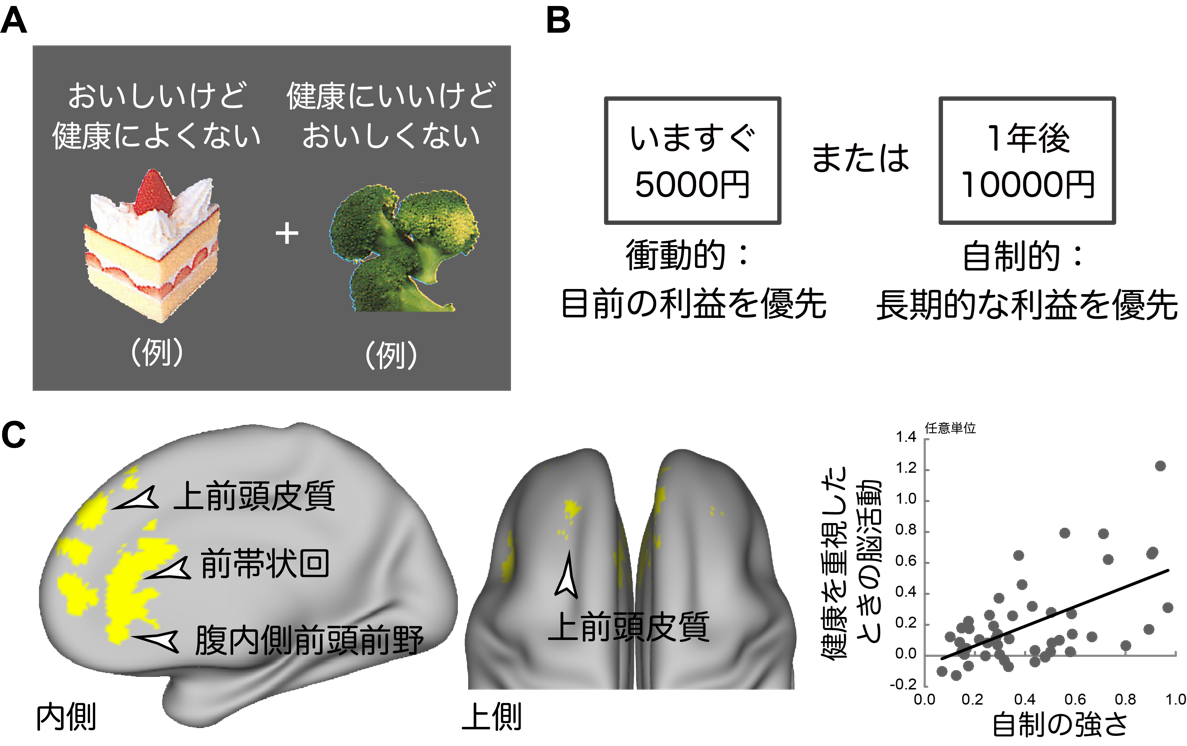A research team from the Faculty of Informatics at Gunma University has unveiled new insights into the brain activity that occurs when prioritizing health over taste in food choices. The study reveals that the prefrontal cortex plays a crucial role when individuals choose “healthy but less tasty foods” over “delicious but unhealthy foods.” These findings suggest that self-control is vital in making healthy food choices, and the strength of this self-control is reflected in brain activity.

The Brain’s Struggle to Overcome the Temptation of Taste
Researcher Ai Takehana, Professor Koji Jimura, and their team at Gunma University have discovered that when people prioritize health in their food choices, activity in the prefrontal cortex increases significantly. This research, published in the American academic journal Cerebral Cortex, also highlights the close relationship between the strength of self-control and prefrontal cortex activity.
The team conducted experiments where participants were asked to evaluate foods based on taste and healthiness, categorizing them as either “delicious but unhealthy” or “healthy but not very tasty.” Participants’ brain activity was then measured as they made choices between these foods. The results showed prominent activity in the prefrontal cortex when participants chose the healthier options.
Furthermore, a monetary reward selection task was conducted to measure the strength of self-control by prioritizing long-term benefits over short-term gains. It was revealed that participants with stronger self-control exhibited more pronounced activity in the prefrontal cortex.
The study’s results indicate that healthy food choices depend on the activity in the prefrontal cortex, suggesting that this brain region is associated with uniquely human decisions that prioritize long-term benefits. This implies that, compared to other species, the prefrontal cortex plays a significant role in humans when making choices that prioritize health.
Additionally, cognitive functions previously thought to be related to self-control were found to be indirectly related to the prioritization of health in food choices. This discovery emphasizes the importance of the prefrontal cortex’s role in maintaining a healthy diet.
The research team believes that, as suggested by their findings, the self-control mechanisms of the prefrontal cortex are crucial for sustaining a healthy diet. Future research is expected to explore methods to enhance prefrontal cortex activity and interventions to strengthen this activity. The findings could also be applied to social and educational approaches that promote healthy choices.
This study provides a scientific basis for maintaining healthy lifestyle habits and may lead to the development of new strategies for health promotion in the future.
Click here for the press release.
